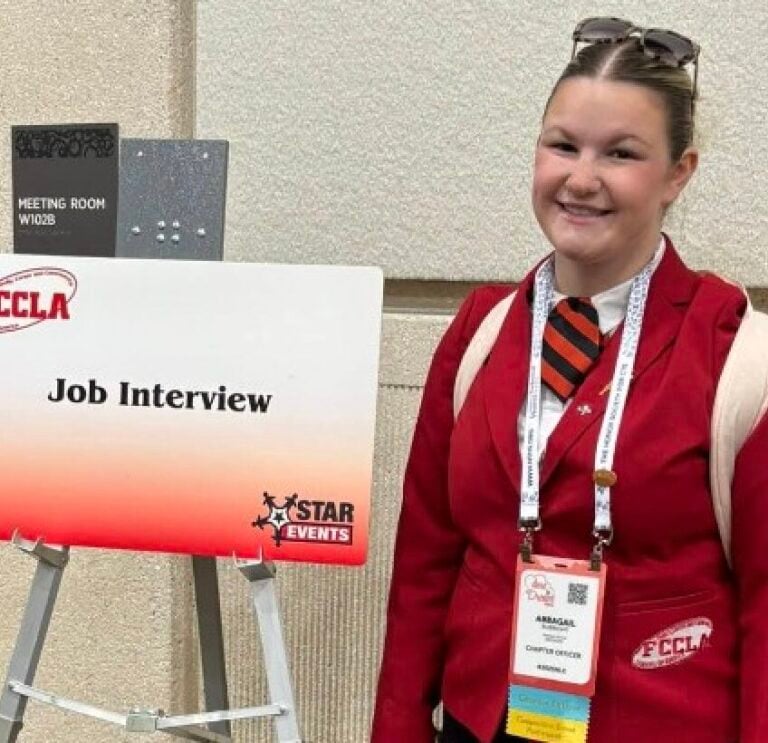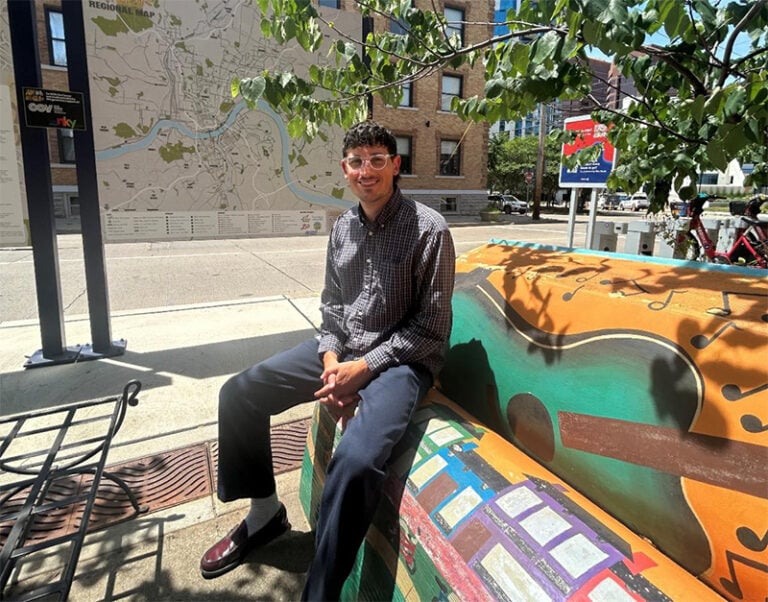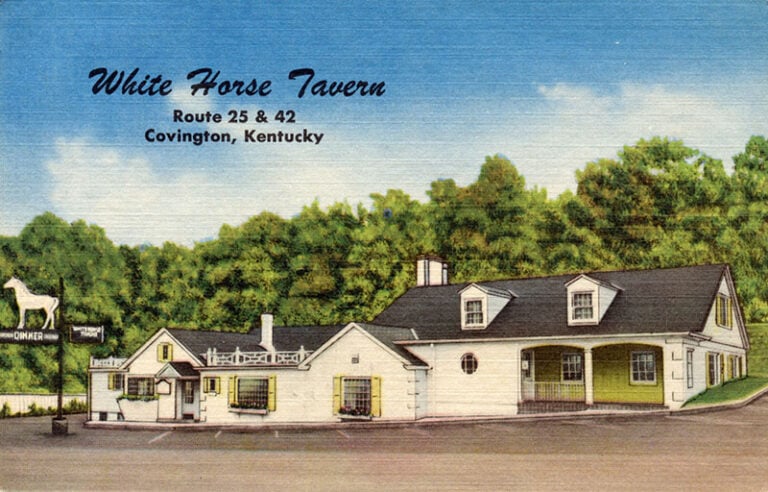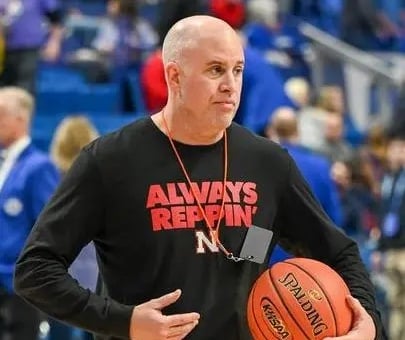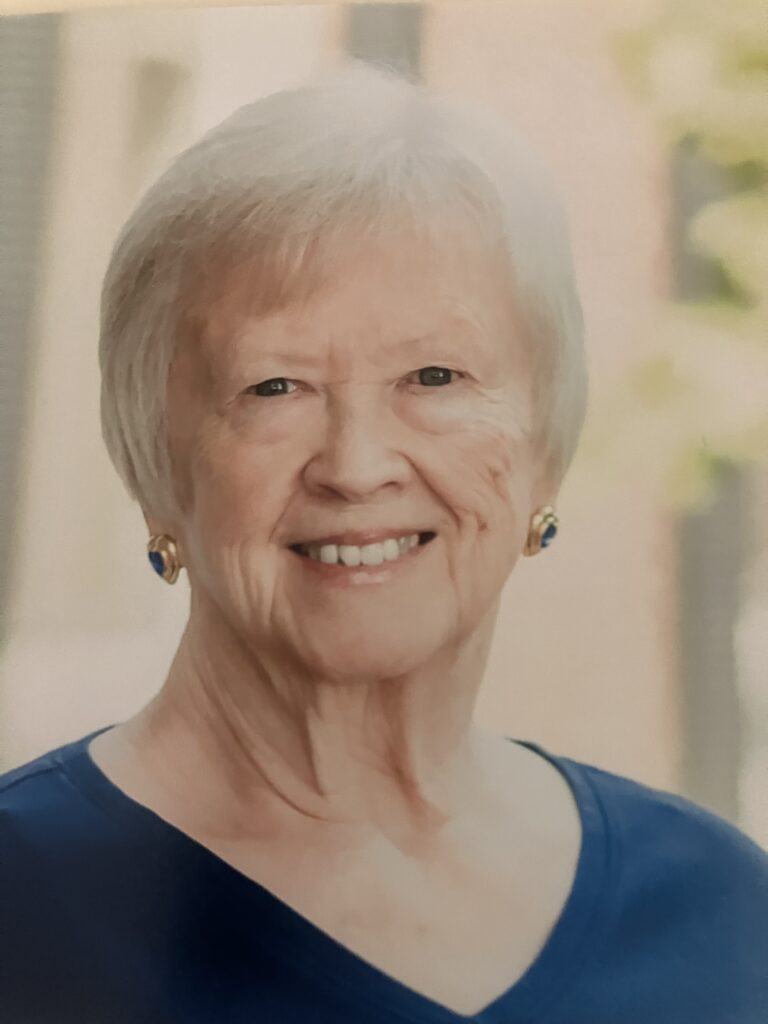By Steve Flairty
NKyTribune columnist
I never knew Northern Kentuckian Don Girton, or even heard about him, until after he died on July 30 at age 87. I wish I had known the man after hearing what his friends and associates said about him. In summation, they viewed him as a friend of the natural world, particularly in the realm of our forests and their sustainability. He also possessed, they emphasized, an uncanny respect and understanding for people, with an innate ability to bring them together for positive actions.
Those two characteristics in one person are hard to find.
But first, some background. Don was raised in Bellevue, an only child. He attended Bellevue High School and as a youngster, was involved in the Boy Scouts and amateur radio. His father worked as a railroader, and he took his family on trips to America’s western lands. Those trips west spurred Don toward a love of the outdoors and particularly the woodlands.

It was natural, then, for Don to launch a 27-year career with the U.S. Forest Service, along with a two-year hitch in the U.S. Army where he was assigned to the Wildlife Management Section. He was involved with national forests in the eastern U.S., and his duties included being on the Legislative Affairs staff and as Director of Public Affairs. While Director, his work duties involved legislation bearing on all phases of the management and development of forest and rangeland resources of the U.S. Those responsibilities had national implications relating to public views, the news media, and formulation of national policies and management programs. A big job—and with much influence—in the administration of 187 million acres of forests across America.
On Don’s shoulders, there would be “much ado” about a whole lot. He provided special communication to the Office of the Secretary and the White House, and he was “hands on” in doing so.
Linda Bray-Schafer, who worked with Don in the Campbell County Conservation District after his Forest Service career ended, was effusive in praising him. One point she offered regarded the back-country field trip he arranged with a U.S. congressman, John Seiberling, along with the politician’s wife and entourage, to educate them on the need for some important pending legislation. Not coincidentally, Seiberling helped double the size of the U.S. National Park System while he was in office.
“I’ve wondered if Don took a play out of the great preservationist, John Muir’s, playbook when he (Muir) invited President Roosevelt to camp in Yosemite and ultimately convinced Roosevelt of the need for federal control and management of the valley,” Linda said. Another illuminating Don Girton story relates to what he did soon after retiring from the Forest Service. He humbly took a position as the groundskeeper at George Washington’s Mt. Vernon Estate, in Virginia. A man who did his homework, he would use research he acquired at the site to develop his certified Tug Fork Tree Farm that he and his wife, Mary Martha, operated at their home in Alexandria, Kentucky. The farm was also a part of the Kentucky Division of Forestry Stewardship Forest program that promotes implementation of best management practices.
It appears, also, that Don turned his “retirement” into a second career while living in Northern Kentucky. Here are some items of involvement during those years:
• member of Campbell County Conservation District (CCCD) board of supervisors
• member of Campbell County Planning Commission (CCPC)
• founder and past president of Kentucky Woodland Owner’s Association (KWOA)
• a Kentucky Master Logger and Tree Farmer in the Southeast United State
He left Bray-Schafer with beautiful memories and much wisdom. “I loved sitting with Don and listening to his stories, and now that he is gone, I appreciate the value of those stories even more,” she said. “He was always interested in hearing which forests and national parks we had ridden horses in or hiked. And I think he enjoyed my adventures, which permitted him to reminiscence.”

Don, Linda said, was known for “sitting quietly and listening in meetings… never saying a word until the end, when he would — as only Don Girton could — encapsulate the essential features of the meeting, propose a plan and provide the steps to move forward. He was so respected that consensus building was effortless… an influential force who never asked you to follow him, but you did!”
And others who knew Don well spoke highly, too. Mark Leopold, now retired, was Field Manager for the NKU Center for Environmental Restoration. He called Don “a servant of the forests and community… a top technical forester and the most strategic community leader and organizer. His knowledge and recommendations were the foundation of the local urban forestry program, and even more so state and national impact.”
Sherry Curran was a colleague with Don on the Northern Kentucky Urban & Community Forestry Council, and she also saw his involvement at Campbell County and regional land use planning meetings. Sherry, like others, noted his thoughtful and organized presence at the meetings, and, she said, “is why he was asked to help the Banklick Watershed Council (https://www.banklick.org/) get started back in 2002. With Don’s help, the BWC got off to a strong start and is now considered a model for other watershed groups in Kentucky.” Summing up Don’s persona, Sherry noted: “Don was a bit like Superman, as he was mild-mannered but had the ability to influence change; change to quality-of-life issues relating to land use planning and management of our natural resources.”
For Cindy Minter, Director of Planning and Zoning, Campbell County Circuit Clerk, it was “not the positions that he held, but rather what he accomplished” calling him “a legend… a teacher, colleague and friend who valued the nature of the world and the grace that it gives everyone of us.” She mentioned a few of his contributions to the community:
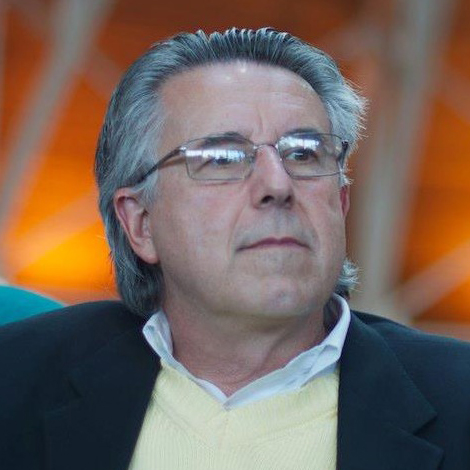
• documented Campbell County’s farms, establishing the framework that “our land is not vacant or undeveloped land.”
• “helped us appreciate the value of a grove of trees, especially the old growth forest at St. Anne’s (at Melbourne).”
• “highlighted the value of restoring Hawthorne Crossing (near Alexandria), which led to its conservation and continuing restoration.”
• “recognized that small farms collectively serve a larger purpose,” leading the conservation district to establishing agricultural districts.
Sam Girton, one of Don and Mary Martha’s three offspring and now a professor in visual communication at Ohio University, said that when his father dealt with people having totally different viewpoints, he’d always acknowledge their passions and affirmed that both sides were making valid points. “But he would draw a conclusion and take a stand for what he thought was right,’” said Sam. “The thing about my dad was that he wasn’t motivated by money, or power, or greed… (but) was always motivated by principle. You would never think you ‘would be scammed by the guy.’ Integrity was important.”
And what was it like for Sam, as a youngster, being around such a nature-loving father?
“He always had us (his children) out in the woods while he was working on a project. My grandpa had taken Dad on trips to the West when he was a kid and he said that had always had a lasting impact on him.”
Sam recalled the land his father bought in Campbell County before Sam was even born, not far from Alexandria (Ky.). “It was way out in the sticks, and on his vacations—we lived in Washington, D.C.—he got one-week vacations, and he would go out for a week and work on his property, and I’d walk behind him bravely for days on end,” Sam said, grinning. “I was in the Boy Scouts, and he went with us on some of our trips. He always had some insight on the outdoors on these trips.”
Sam’s mother was a civil engineer, and also worked for the Forest Service. She and Don met at a conference, and Sam affirmed that they “were compatible in many ways.” His dad, he figures, was probably introverted and one “who liked to do his thing. But he was “well-spoken and very thoughtful and pretty comfortable making a presentation, but I think that comes from 30 years doing that for the Forestry Service.”
Don Girton worked hard to nurture our land, and he worked hard in guiding others to collaboratively nurture our land. He did both successfully, and he left us a stirring legacy on which to build. I wish I had personally met him.








